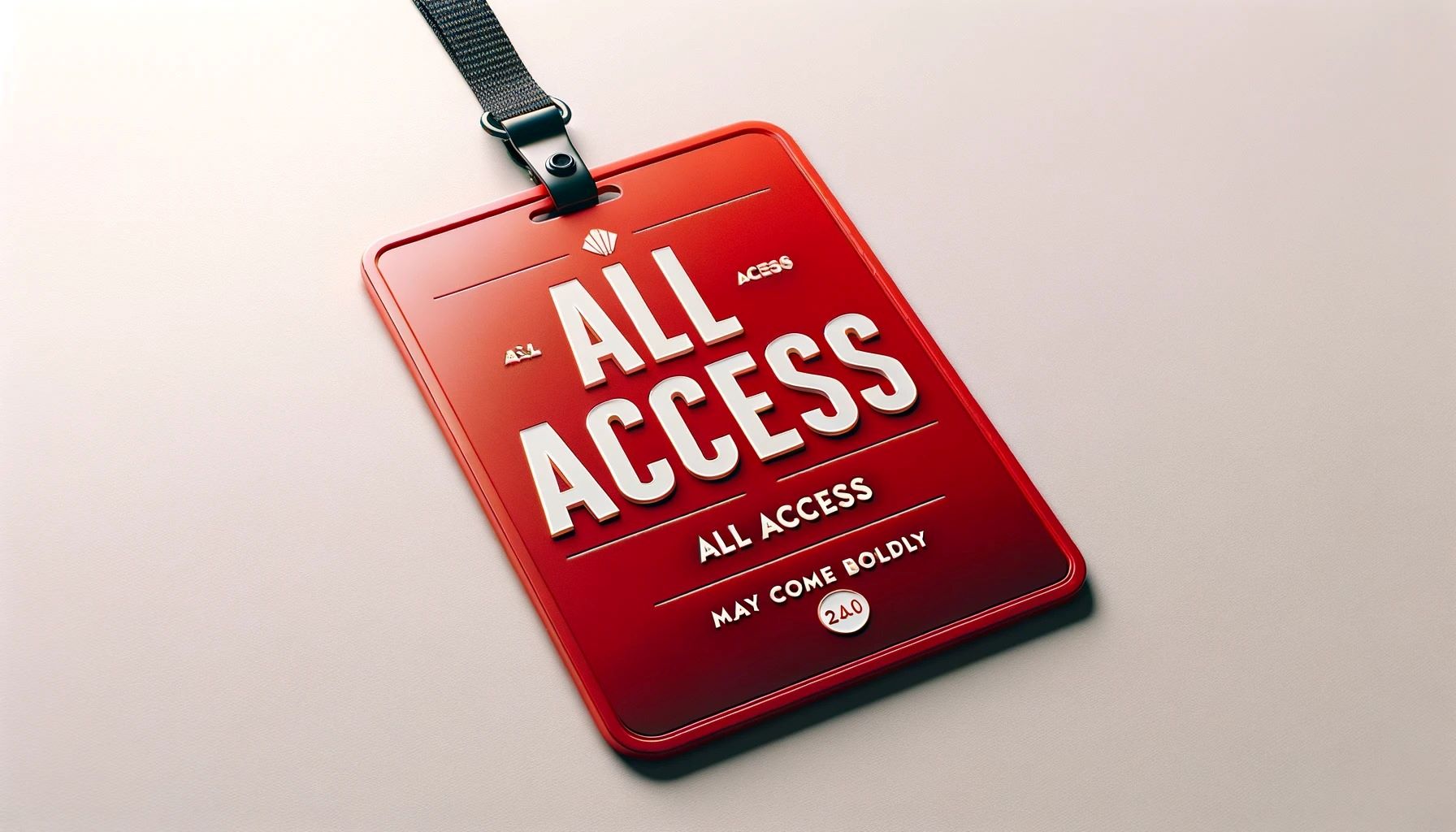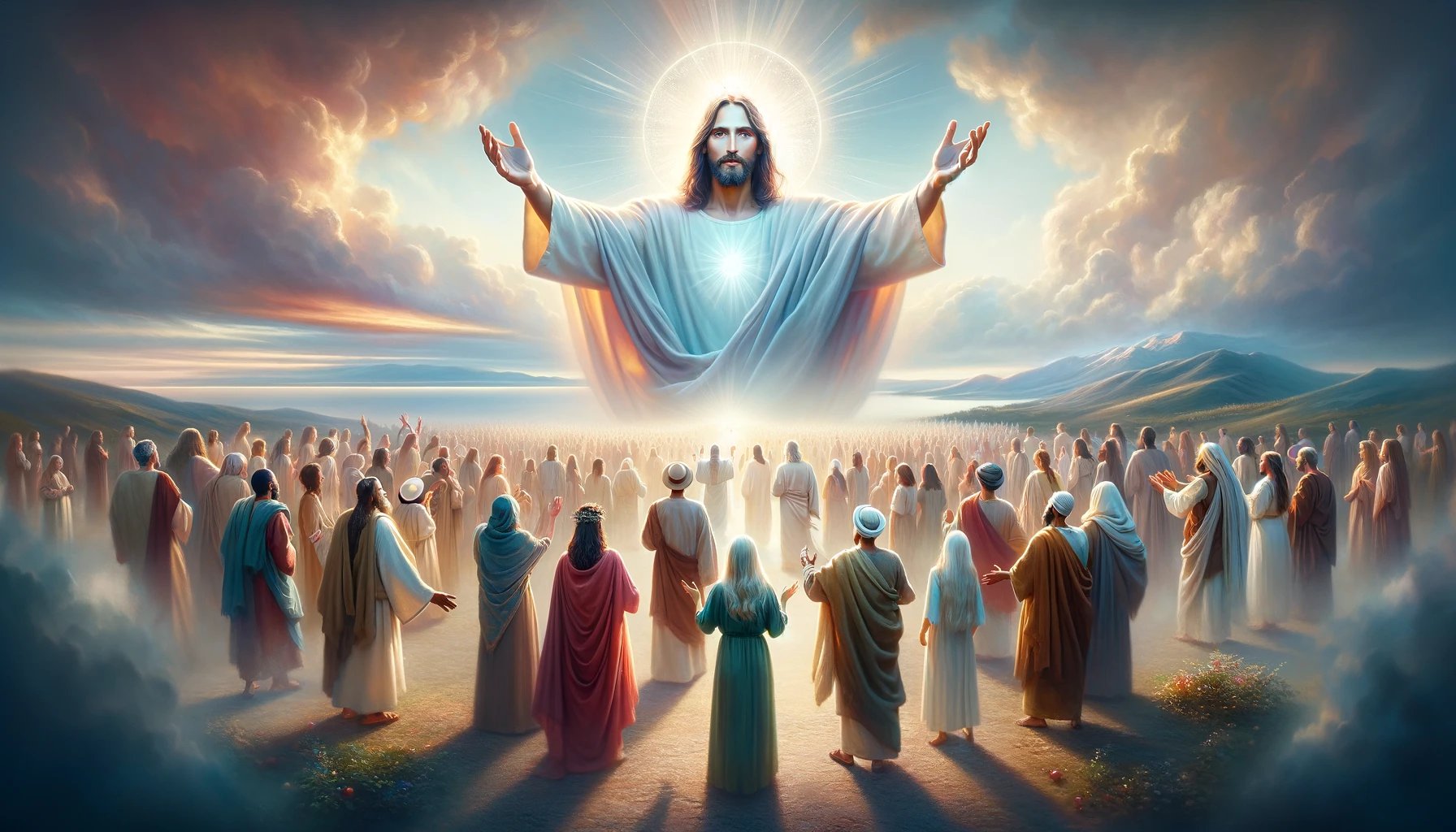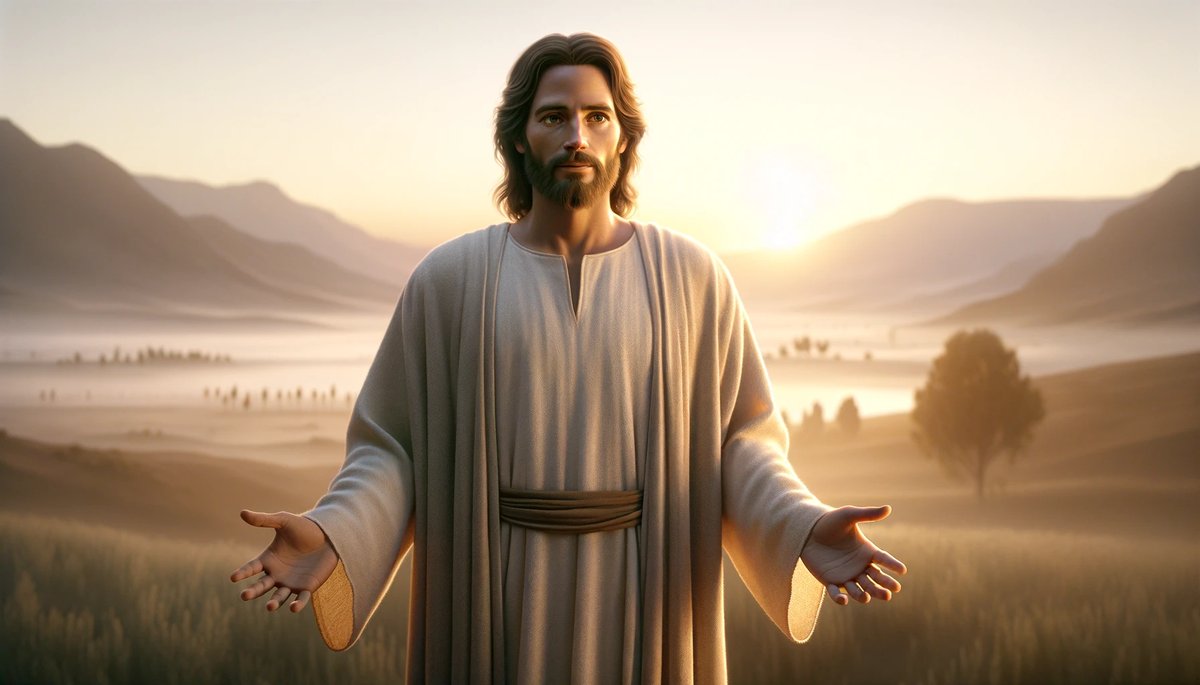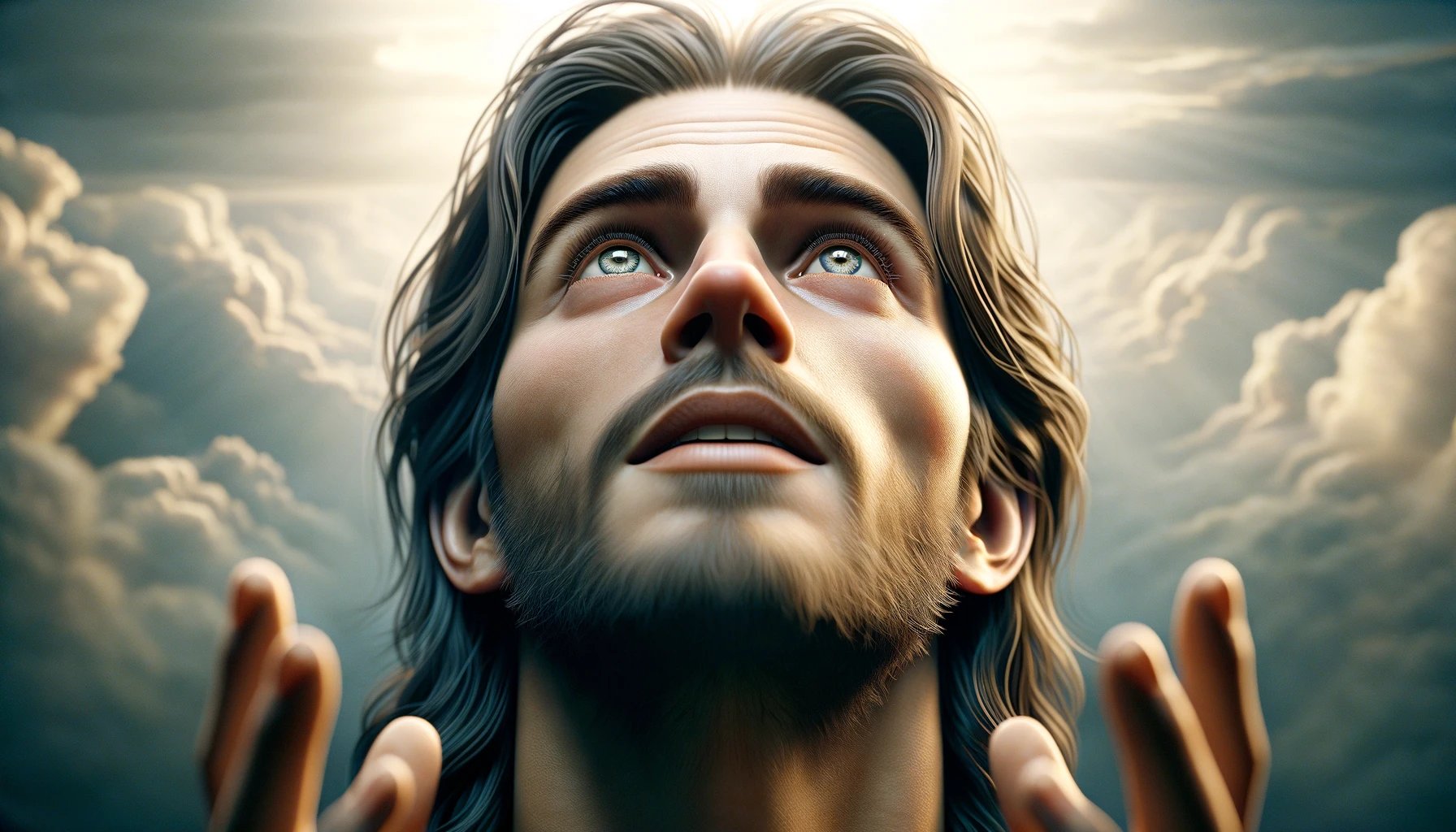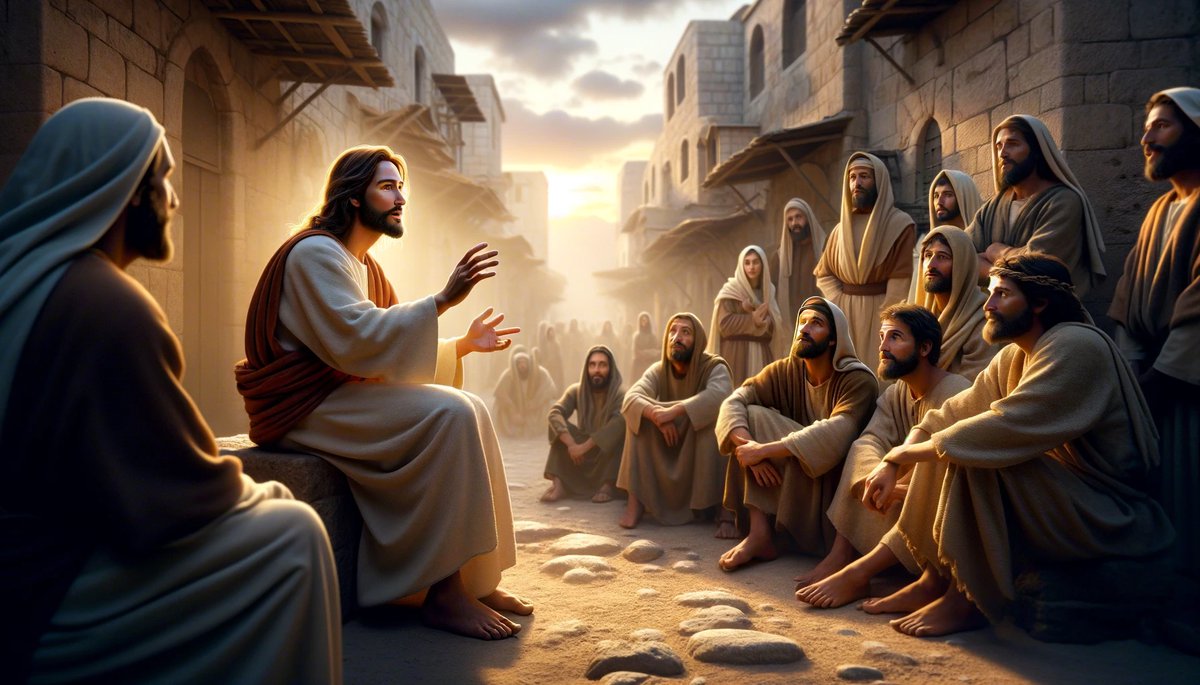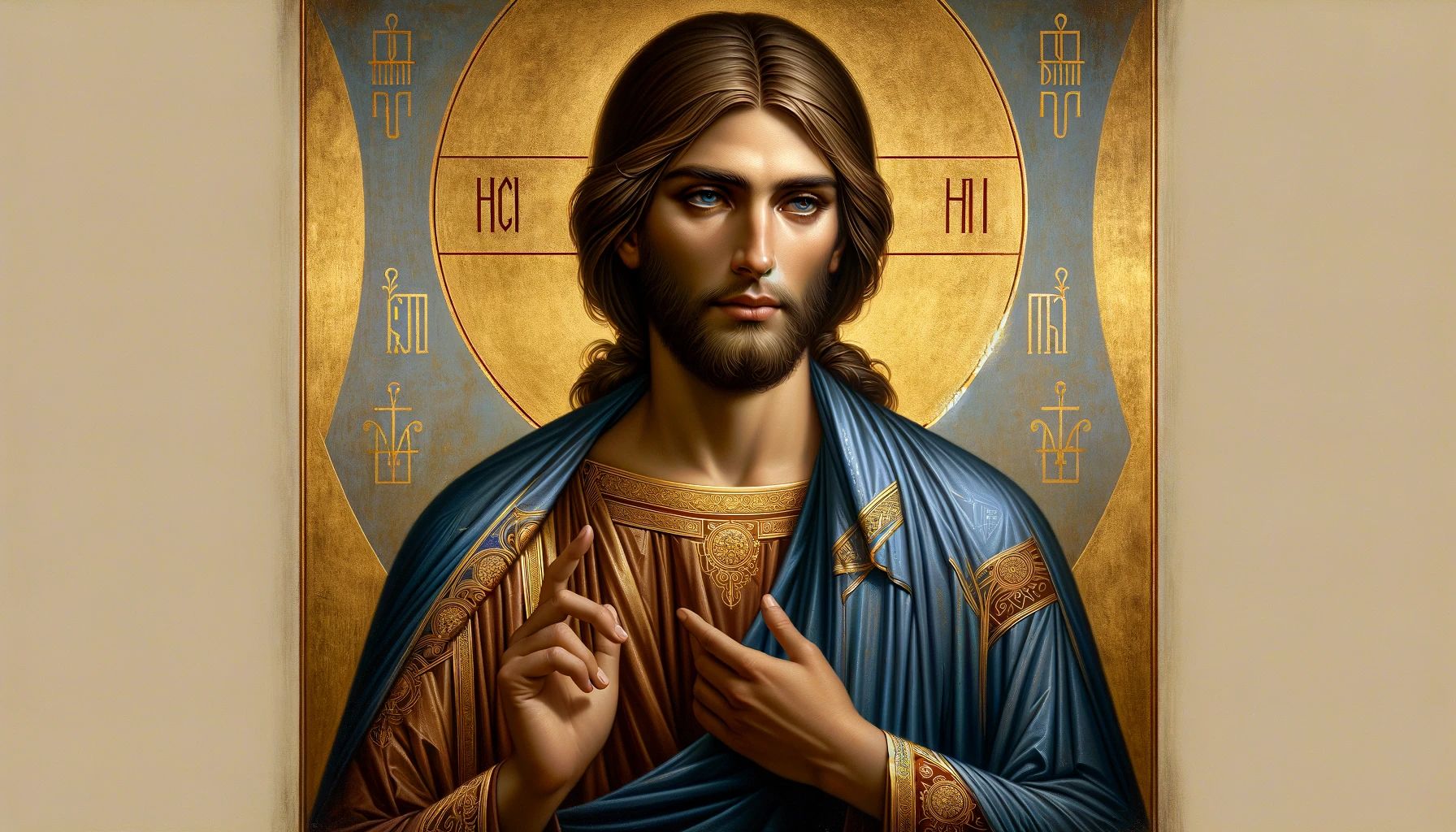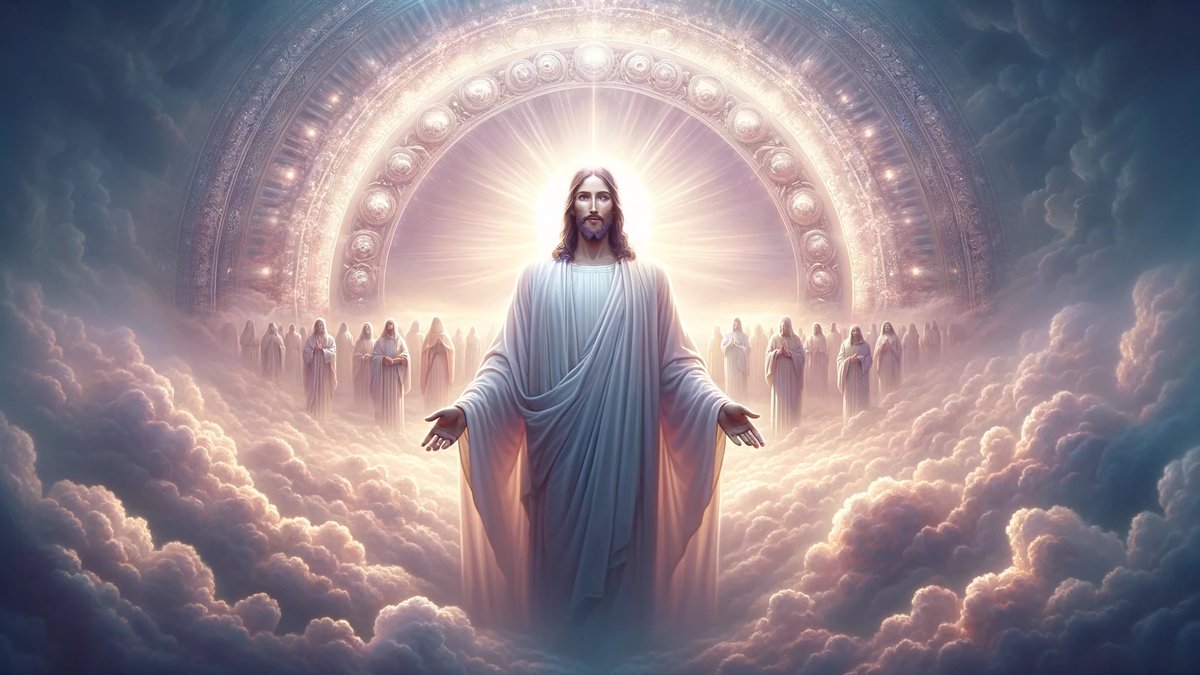Home>Christian Videos>Bible Stories>What Does Easter Have To Do With Jesus Christ
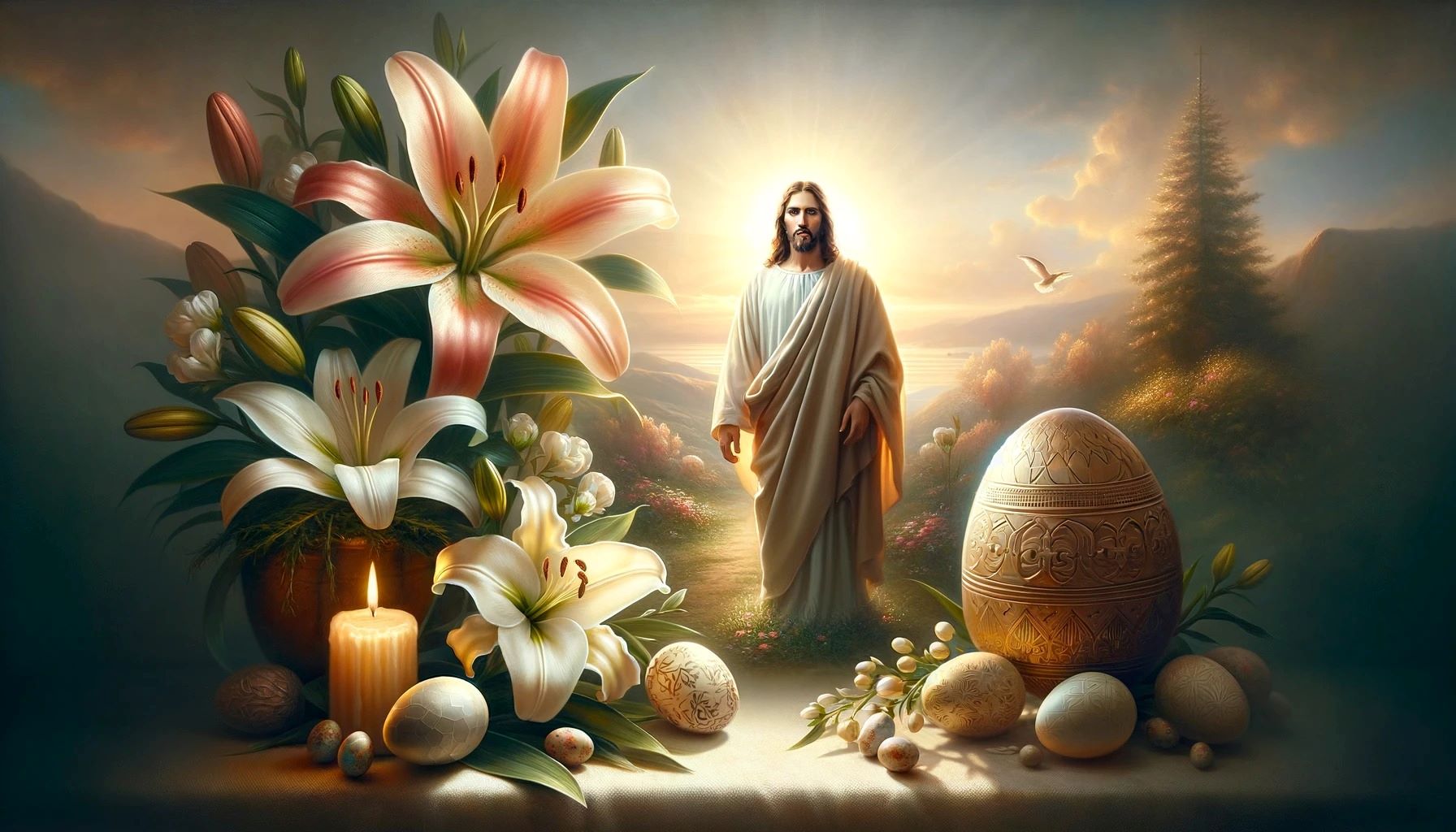

Bible Stories
What Does Easter Have To Do With Jesus Christ
Published: March 3, 2024
Peter Smith, Editorial Director at Christian.net, combines deep insights into faith, politics, and culture to lead content creation that resonates widely. Awarded for his contributions to religious discourse, he previously headed a major organization for religious communicators, enhancing dialogue on faith's societal impacts.
Discover the significance of Easter in relation to the life and teachings of Jesus Christ through engaging Bible stories and timeless lessons. Explore the connection between Easter and the biblical narrative.
(Many of the links in this article redirect to a specific reviewed product. Your purchase of these products through affiliate links helps to generate commission for Christian.net, at no extra cost. Learn more)
Table of Contents
The Origins of Easter
The origins of Easter can be traced back to ancient pagan festivals that celebrated the arrival of spring. These festivals often involved the worship of fertility goddesses and the honoring of the renewal of life. One such festival, known as Eostre, was celebrated by the Saxons in honor of the goddess Eostre, whose symbols included the hare and the egg. As Christianity spread throughout Europe, the early Christian church sought to incorporate and Christianize these existing pagan traditions. This led to the establishment of Easter as a Christian holiday, with its date often coinciding with the timing of the spring equinox. The name "Easter" itself is believed to have been derived from Eostre, thus retaining the connection to the original pagan festival.
The incorporation of pagan traditions into the Christian celebration of Easter reflects the adaptability of Christianity as it encountered different cultures and belief systems. This blending of traditions allowed for the preservation of certain cultural practices while infusing them with new Christian meanings. As a result, Easter became a significant Christian holiday that not only commemorates the resurrection of Jesus Christ but also incorporates elements of the ancient spring festivals, symbolizing new life and rebirth.
The Significance of Easter in Christianity
-
Celebration of Resurrection: Easter holds immense significance in Christianity as it commemorates the resurrection of Jesus Christ. According to Christian belief, Jesus, the Son of God, was crucified, died, and was buried, but on the third day, he rose from the dead. This event is the cornerstone of the Christian faith, symbolizing the victory of life over death and the fulfillment of God's promise of salvation.
-
Redemption and Hope: The resurrection of Jesus is seen as the ultimate act of redemption and atonement for humanity's sins. It represents the hope for eternal life and the promise of forgiveness and reconciliation with God. For Christians, Easter is a time to reflect on the transformative power of Christ's resurrection and the hope it brings to their lives.
-
Renewal and Rebirth: Easter also signifies spiritual renewal and rebirth. It serves as a reminder of the opportunity for personal transformation and the chance to start anew. Just as spring brings forth new life in nature, Easter represents a spiritual awakening and the possibility of experiencing a fresh beginning through faith in Christ.
-
Culmination of Holy Week: Easter is the culmination of Holy Week, which includes significant events such as Palm Sunday, Maundy Thursday, and Good Friday. Each of these events plays a crucial role in the narrative of Jesus' final days, leading up to his crucifixion and resurrection. Easter Sunday, therefore, marks the pinnacle of this sacred period, emphasizing the central theme of Christ's triumph over death.
-
Foundation of Christian Faith: The significance of Easter extends beyond the historical event of Jesus' resurrection. It is the foundation of the Christian faith, shaping the beliefs, practices, and identity of Christian communities worldwide. The celebration of Easter serves to strengthen the faith of believers and unite them in the shared conviction of Christ's victory over sin and death.
In summary, the significance of Easter in Christianity encompasses the core tenets of the faith, emphasizing the themes of resurrection, redemption, hope, renewal, and the foundational role it plays in the Christian belief system.
The Resurrection of Jesus Christ
The resurrection of Jesus Christ stands as the central and defining event in the Christian faith. According to the New Testament accounts, Jesus was crucified, died, and was buried, but on the third day, he rose from the dead. This miraculous event is not only a historical occurrence but also holds profound theological and spiritual significance for Christians worldwide. The resurrection of Jesus is a testament to the power of God and the fulfillment of divine prophecy, as foretold in the scriptures. It serves as the ultimate validation of Jesus' identity as the Son of God and the Messiah, confirming his authority over sin and death.
The resurrection of Jesus Christ is a source of profound hope and assurance for believers. It signifies the victory of life over death and the promise of eternal life for those who place their faith in Christ. Through his resurrection, Jesus conquered the grave, demonstrating his authority over the forces of darkness and offering the assurance of salvation to all who believe in him. This transformative event provides a sense of comfort and reassurance to Christians, affirming the ultimate triumph of God's redemptive plan for humanity.
Furthermore, the resurrection of Jesus Christ holds immense theological significance within Christian doctrine. It is intricately linked to the concept of atonement, representing the ultimate act of reconciliation between God and humanity. In Christian theology, the resurrection is seen as the pivotal moment that secured the forgiveness of sins and opened the pathway to eternal life. It serves as the cornerstone of Christian belief, shaping the understanding of God's grace, mercy, and the promise of resurrection for all who are in Christ.
The resurrection of Jesus Christ also carries profound implications for Christian living. It serves as a powerful example of the transformative power of faith and the hope it brings to individuals and communities. The resurrection narrative inspires believers to embrace a life of purpose, courage, and unwavering faith, knowing that the same power that raised Jesus from the dead is at work within them. It instills a sense of resilience and optimism, reminding Christians that they are partakers in Christ's victory over sin and death.
In summary, the resurrection of Jesus Christ stands as the pinnacle of Christian belief, embodying the hope, assurance, and transformative power of the Christian faith. It serves as a constant reminder of God's unfailing love and the promise of new life through the resurrection of Jesus Christ.
The Symbolism of Easter in Christian Tradition
-
Eggs: In Christian tradition, eggs symbolize the resurrection and new life. The hard shell of the egg represents the sealed tomb of Jesus, while cracking open the egg symbolizes his resurrection. The emergence of new life from the egg mirrors the spiritual rebirth that Christians experience through their faith in Christ.
-
Lamb: The lamb is a powerful symbol of sacrifice and atonement in Christianity. It harkens back to the Old Testament imagery of the sacrificial lamb, and Jesus is often referred to as the "Lamb of God" who takes away the sins of the world. During Easter, the symbolism of the lamb underscores the redemptive nature of Christ's sacrifice and the atonement for humanity's sins.
-
Cross: The cross, the central symbol of Christianity, holds profound significance during Easter. It represents the crucifixion and death of Jesus, as well as his ultimate triumph over sin and death through his resurrection. The cross serves as a reminder of the sacrificial love of Christ and the hope it brings to believers.
-
Lilies: Lilies are often associated with Easter due to their symbolism of purity, renewal, and resurrection. Their white petals represent the purity and innocence of Christ, while their emergence from the ground symbolizes new life and rebirth. Lilies adorn churches and homes during Easter, serving as a visual representation of the spiritual themes of the season.
-
Bread and Wine: The tradition of partaking in the Eucharist, or Holy Communion, holds significant symbolism during Easter. The bread and wine represent the body and blood of Christ, symbolizing the sacrificial act of Jesus on the cross. Through the Eucharist, Christians commemorate the redemptive work of Christ and the spiritual nourishment derived from his sacrifice.
-
Butterfly: The butterfly is a powerful symbol of transformation and resurrection in Christian tradition. Its metamorphosis from a caterpillar to a beautiful butterfly mirrors the spiritual transformation experienced by believers through the resurrection of Jesus. The butterfly serves as a visual representation of the hope and renewal that Easter brings to the Christian faith.
-
Empty Tomb: The depiction of an empty tomb is a potent symbol of Easter, signifying the absence of Jesus' body after his resurrection. It serves as a tangible reminder of the miraculous event that forms the cornerstone of the Christian faith. The empty tomb symbolizes the victory of life over death and the fulfillment of God's promise of salvation through Christ.
In Christian tradition, these symbols collectively convey the profound spiritual truths and theological significance of Easter, serving as visual reminders of the core tenets of the Christian faith.
The Connection Between Easter and the Crucifixion of Jesus Christ
The connection between Easter and the crucifixion of Jesus Christ is deeply rooted in the narrative of Christian theology and tradition. Easter, the commemoration of Jesus' resurrection, is inseparably linked to his crucifixion, which serves as the pivotal event leading to the resurrection. The crucifixion of Jesus, also known as Good Friday, represents the sacrificial act through which Jesus atoned for the sins of humanity, paving the way for the subsequent resurrection on Easter Sunday.
The crucifixion of Jesus Christ is a central theme in Christian theology, symbolizing the redemptive purpose of his earthly mission. According to Christian belief, Jesus willingly endured the agony of crucifixion, bearing the weight of humanity's sins and offering himself as a perfect sacrifice. His crucifixion is seen as the ultimate expression of God's love and mercy, as it provided the means for reconciliation between humanity and God. The significance of the crucifixion lies in its role as the necessary precursor to the resurrection, as it represents the fulfillment of God's plan for salvation.
The connection between Easter and the crucifixion of Jesus Christ is underscored by the theological implications of these events. The crucifixion serves as the focal point of Jesus' earthly ministry, demonstrating his selfless love and willingness to undergo suffering for the sake of humanity. It is through the crucifixion that the divine purpose of redemption is realized, setting the stage for the transformative event of the resurrection. The crucifixion and resurrection are intricately intertwined, forming a cohesive narrative that embodies the core tenets of Christian faith.
Furthermore, the connection between Easter and the crucifixion of Jesus Christ highlights the profound spiritual truths inherent in these events. The crucifixion represents the ultimate act of sacrifice and atonement, while the resurrection signifies the triumph of life over death. Together, they form the foundation of Christian belief, emphasizing the themes of redemption, forgiveness, and the promise of new life through faith in Christ. The inseparable link between Easter and the crucifixion serves to reinforce the central message of the Christian faith, encapsulating the transformative power of God's grace and the hope it brings to believers.
In summary, the connection between Easter and the crucifixion of Jesus Christ is a fundamental aspect of Christian theology, representing the interwoven narrative of sacrifice, redemption, and resurrection. The crucifixion serves as the precursor to the resurrection, embodying the profound love and redemptive purpose of Jesus' earthly mission. This connection forms the cornerstone of the Christian faith, underscoring the transformative significance of Easter in light of the crucifixion of Jesus Christ.
